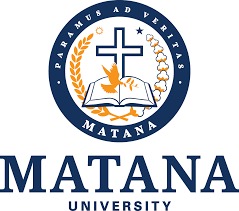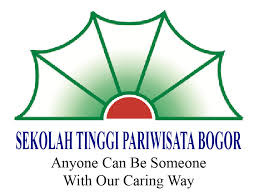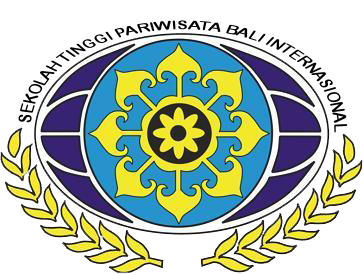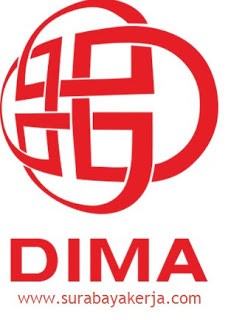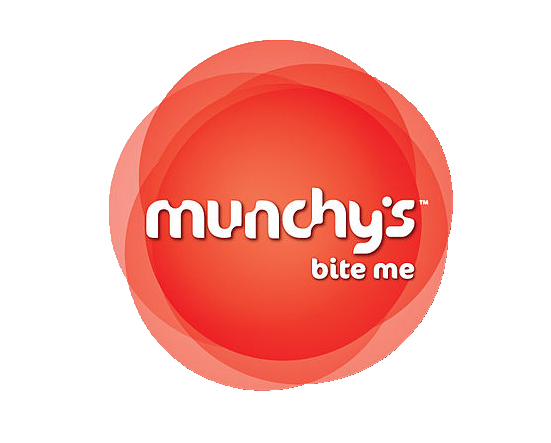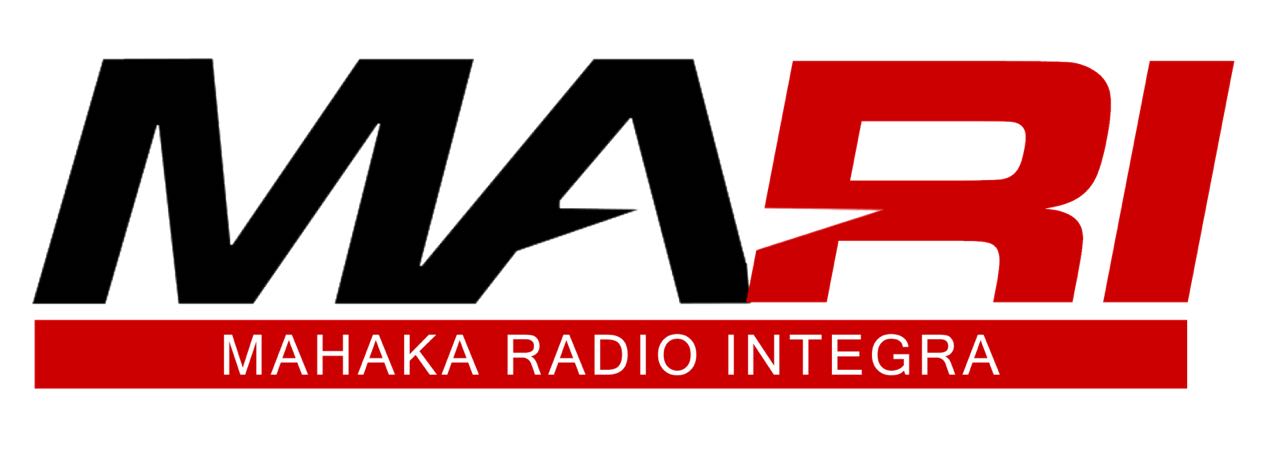KERAK TELOR: KULINER KHAS IBU KOTA JAKARTA ( BETAWI)
Abstract
ABSTRACT:
Jakarta is known as a Big City that has a variety of cultures. One of them is in the culinary field. Indonesian cuisine does not only bring consumers who have their own philosophical values, for example like egg crusts. The purpose of this study is how and the origin of the egg crust provides information about the meaning of gastronomy and philosophy of egg crust as well as knowing the conditions of Betawi Culinary Preservation. The location of the study is as stated in the title above, namely in the Kemayoran and Setu Babakan areas, especially in the Kerak Telor culinary centers, held in North Jakarta and South Jakarta. Data collection methods in the research used are observation, interviews, and documentation. Then from the data analyzed qualitatively and presented descriptively. The research which uses descriptive qualitative method aims to eliminate one of the traditional culinary of DKI Jakarta by focusing on the historical side and the origin of naming egg crust, culture in food egg crust, geographic landscape and cooking and maintenance by the DKI Jakarta government. Data obtained at the study site is a fairly good result from the empowerment efforts carried out by the DKI Jakarta Government. A good effort to use taste, presentation patterns, and promotions that have been proven to be effective in lifting one of the existing cultural heritage in DKI Jakarta Province. Egg crust tips are betawi food (the capital city of Jakarta) but no one knows for sure where they come from. The egg crust gets cultural influences from Europe, Chia and Arabic. A very difficult place to travel from an easy and developing area to several areas such as Setu Babakan, and Kemayoran. His advice is that the government must be petrified in the preservation of Betawi culinary, remembering exactly like Betawi culinary that is almost extinct, for example by holding a routine festival every year.Keywords: Kerak Telor, Culinary , DKI Jakarta.
Full Text:
PDFReferences
BachrulHakim.2009.BisakahWisataKulinerIndonesiaDijual,melaluihttp//www.Sinarharapan.co.id
Danhi, R. (2003). What is your country’s culinary identity? Culinology Currents, Winter 2003.
Ketaren, Indara Karona. 2017. Gastronomi Upaboga Indonesia, Jakarta
Nurwitasari, Ayu. “Pengaruh Wisata Gastronomi Makanan Tradisional Sunda terhadap Keputusan Wisatawan Berkunjung ke Kota Bandung,” dalam BARISTA Volume 2, Nomor 1 Juli 2015 hlm. 92 – 102.
Wahyuni, Trisanti Tri. 2017. Filosofi Ketan, Kolak, dan Apem dalam Tradisi Ruwahan. [Online] available at https://kuahramen.com/2017/11/09/filosofi-ketan-kolak-dan-apem-dalam-tradisi-ruwahan/
Wurianto, Arif Budi. Aspek Budaya Pada Tradisi Kuliner Tradisional Di Kota Malang Sebagai Identitas Sosial Budaya (Sebuah Tinjauan Folklore), “Laporan Penelitian”, Malang: Lembaga Penelitian Universitas Muhammadiyah Malang, 2008
DOI: http://dx.doi.org/10.30813/ncci.v0i0.1223
Refbacks
- There are currently no refbacks.

